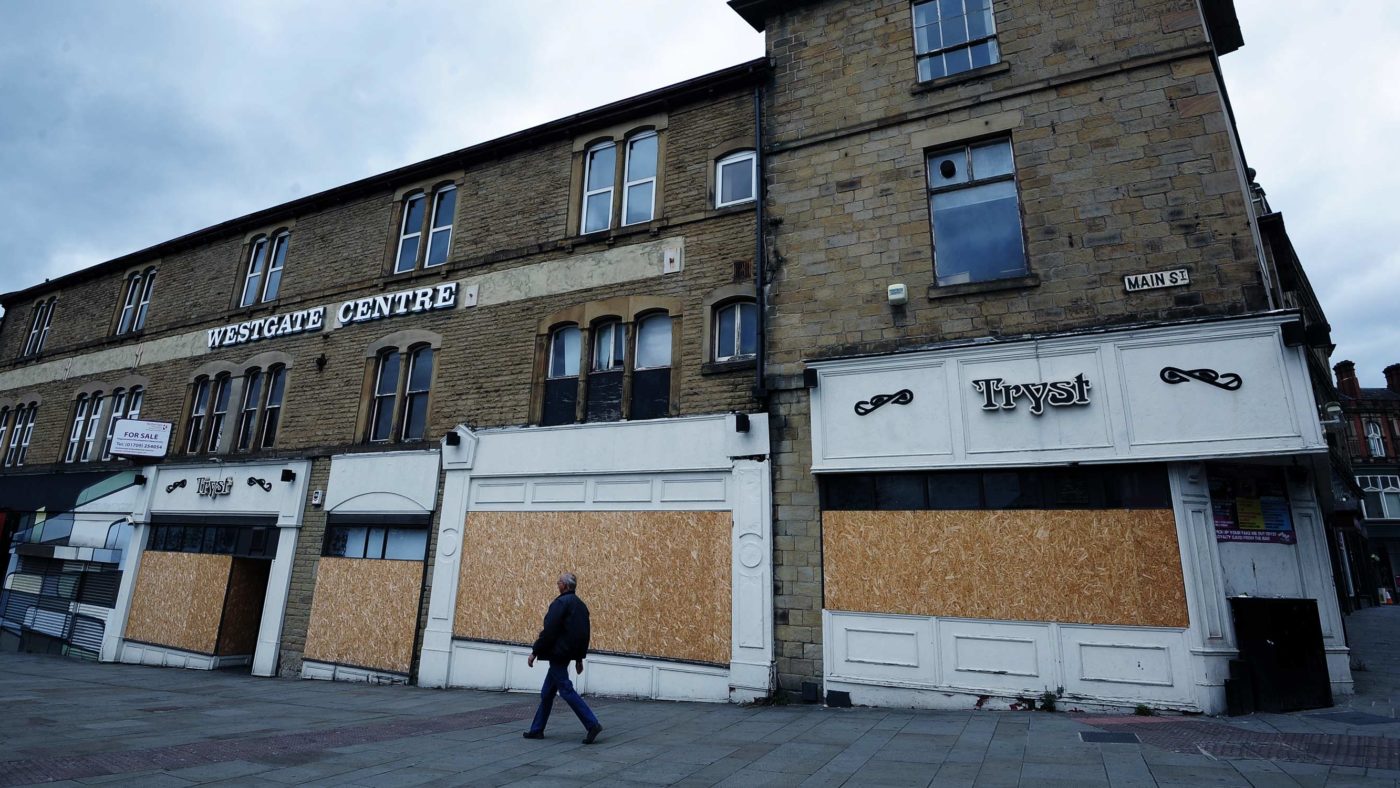Last week, a leaked draft of the Government’s hotly anticipated Levelling Up White Paper revealed plans for sweeping changes to the way local government is organised.
County and district councils would be scrapped, with elected Governors given powers to oversee new regional authorities.
Devolving political power has long been seen as a way of breaking the dominance of London and the south-east – and it is certainly true that elected Mayors like Andy Street, Ben Houchen and Andy Burnham have forced Whitehall to pay more attention to the regions in recent years.
But do voters agree? Polling by Public First on what the public want from Levelling Up should give ministers pause.
Voters certainly don’t see devolution as a priority. They thought giving more power to local government was far less important for levelling up than creating better jobs, tackling crime or encouraging business investment. Working class, Leave-voting Tories – who the Government needs to convince most on levelling up – were least likely of all to say that devolution mattered.
They also don’t assume that empowering local leaders is the way to make change happen. For example, despite crime and anti-social behaviour being a key concern throughout our poll, giving local councils more power to ban people from certain areas was the least popular option for tackling it.
Perhaps this shouldn’t be a surprise, given the way people can often draw a direct link between local decline and local government. During recent focus groups Public First held in Derby, people talked proudly about the city and its people but repeatedly brought up the council’s failure to make the most of this. Its decision to close the local pool or allow the city centre to fall into disrepair felt far more real to them than any grand initiative coming out of Whitehall.
So, what are the lessons for ministers as they consider their plans for devolution?
Firstly, that they need to be radical enough to make areas distinctive. Giving local government more power to organise issues like local transport didn’t attract much support; perhaps reflecting the way people just want services to run smoothly, rather than caring about who controls them. But allowing areas to offer tax cuts to attract new businesses was far more popular; second only to moving civil servants out of London. Giving away powers over tax will be anathema to the Treasury but would enable local areas to genuinely show they can do things differently and build on local strengths.
Secondly, that devolution should be about much more than just moving power between politicians. Giving local charities and community groups more control over funding was just as popular as giving more power to mayors and local authorities. That reflects what people told us about why they feel proud of their area: local green spaces, historic buildings, clubs and above all local people were the things they said most helped foster local pride. The Government should tap into this by empowering the community groups who can quickly make change happen at the level of a high street or a local park. For example, building on the Space Hive initiative by offering every neighbourhood match funding for a local project they think matters would be a tangible way of showing that the government backs them.
Thirdly, that people want to be directly involved in decisions. Our poll found that holding more local votes and referendums on important issues was more popular than any other proposal for empowering local government. Michael Gove has said he supports ‘Street Votes’ – the proposal from Policy Exchange that would give local people control over development at a street level. Similar ideas about how to engage people outside of elections are likely to be popular.
And finally, that devolution has to go hand in hand with investment; it can’t simply be an exercise in shifting responsibility for difficult decisions. People were much more interested in new money for services like transport and health than they were in making mayors responsible for them. No-one in our poll wanted to see council tax go up, least of all working-class Tory leavers, but local areas should be given powers to raise investment for their own priorities, alongside funding from Whitehall.
Overall, our poll shows that people are much more likely to be proud of their area than not proud of it. But they are also more likely to think it is a worse place to live than 10 years ago and that local pride generally has declined. The political challenge of the Levelling Up agenda is to bridge that divide, with policies that make people feel optimistic about where they live. And it is those local people – not local government – that the Government must keep in mind as it develops its plans.
Click here to subscribe to our daily briefing – the best pieces from CapX and across the web.
CapX depends on the generosity of its readers. If you value what we do, please consider making a donation.


